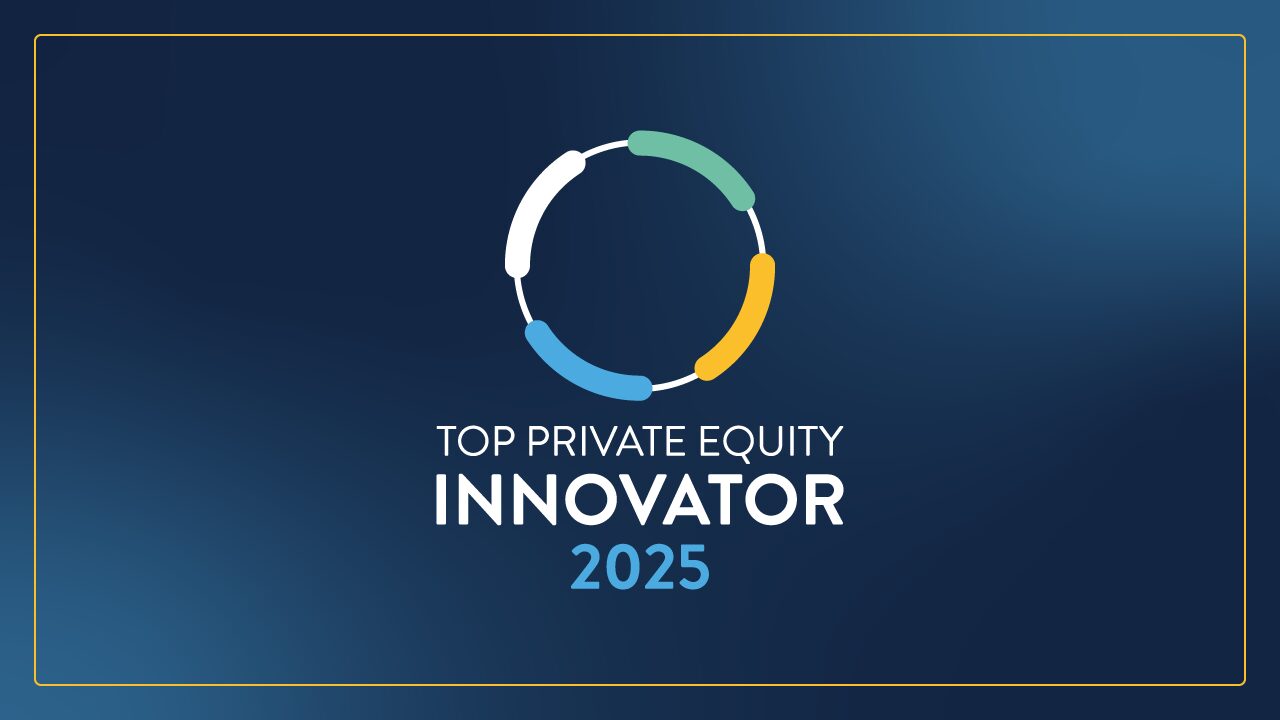Private equity firms perform commercial due diligence (CDD) to evaluate the growth and profitability of a potential target acquisition.
A process that was once reserved for large cap funds with extra capital to spend on evaluating the soundness of the investment, CDD is quickly becoming a necessary standard operating procedure for all proactive PE funds.
“Each deal’s different and may require a different slate of providers to get the most out of each diligence phase or diligence stream,” says Keenan Kolinsky, head of research and operations at BluWave.
Private equity firms have discovered that in order to drive alpha in a sea of beta, smaller, more specialized commercial due diligence providers can provide them with more unique insights quicker.
What is Commercial Due Diligence?
Commercial due diligence is a systematic evaluation of a target company’s commercial viability before making an investment decision. It’s an extremely thorough process that, when done well, leaves no stone unturned before papers are signed.
“Commercial due diligence is a term of art for a market study. It’s typically provided by market strategy firms,” BluWave founder and CEO Sean Mooney shared on a recent webinar. “It is standard operating procedure by the best private equity investors in the world.”
It comes as no surprise, then, that CDD is consistently No. 1 due diligence category in the BluWave Activity Index.
That’s why the invite-only network of third-party resources is loaded with world-class diligence providers, such as Don Jenkins* of CommDil Inc.
“When you think about commercial due diligence, there’s often a fairly typical set of objectives,” Jenkins says. “Those will include understanding the market size, how big is the market, how is it segmented, what are the key segmentations or different types of businesses that constitute that market.”
From start to finish, it usually takes weeks, if not several months, depending on the target’s size and complexity.
Specialized Due Diligence
Any consultant can provide intelligence on a target’s total addressable market, prospects for growth, competitors, risks and other vital information through initial industry research. But specialized consultants with pre-existing industry knowledge don’t have to waste their time to gain a sense for the industry.
Instead, they can provide a heightened sense of value by using their base knowledge to dig deeper and therefore provide more in-depth insights in the same amount of time.
READ MORE: What is Buy-Side Commercial Due Diligence?
These steps give investors a deeper understanding of the target company’s business model, financial performance, competitive landscape, and operational and legal risks.
A benefit of specialized commercial due diligence providers is their ability to get up to speed faster. Because they aren’t being run to with projects across various industries, their recent experience primes them to hit the ground running. Generalist firms, on the other hand, will run expert network calls to get smart on an industry.
“We have thousands and thousands of projects, tens of thousands of their quals built into this cognitive engine that we’ve built, and then we’re constantly checking with them on a capacity,” Mooney shared on the webinar of BluWave’s matchmaking process. “By the time the PE firms calls, we already know who they need, why they need it, what their quals are, what their availability is, and then have the ability to compel them to bring the A team to our clients.”
How is CDD Performed?
Kolinsky says there are several variable diligence factors to consider, “such as the target’s industry, the deal size, target technology or operational nuances, timing and more.”
BluWave supports private equity clients by connecting them with the diligence providers whose functional capabilities, expertise and experience account for these different factors.
Here are the four key steps the service providers in the BluWave-grade network take when performing commercial due diligence:
1. Comprehensive Market Analysis: Size
This is where the target company’s market position as well industry trends and growth potential are analyzed.
“We’ll be doing market forecasting, understanding the headwinds and tailwinds that affect growth,” Jenkins says. “We’re looking at trends that exist out there, whether it’s technology trends, regulatory trends, just other emerging competition.”
On the commercial due diligence webinar hosted by BluWave, Andrew Joy of Hidden Harbor talked with Mooney about the importance of looking beyond a private equity firm’s holding period when evaluating a business.
“It’s answering the fundamental question of, ‘What do we believe this business will grow at over our whole period and beyond?'” Joy said. “[The scope is] more 10, 20 years because just as important as the next five years’ growth is what matters just as much as the growth beyond that as you think about your exit and the exit multiple.”
2. Comprehensive Market Analysis: Total Addressable Market
Here’s how Scott Bellinger, BluWave’s head of sales, defines this step:
“Of the overall market, how much is currently addressable by the target? What else could they do to get into new markets and increase their total addressable market?” Bellinger says.
He added that businesses that already have a high penetration rate may need for new markets if they want to continue to grow.
Joy shed more insight on this stage in the webinar.
“By the time we close on a transaction, we have a really strong hypothesis around what are the value creation levers that we are going to pull over our whole period to create outsize market returns,” he said. “What adjacent markets should this target enter…and how do you capitalize on that?”
3. Competitive Analysis
Bellinger says there are key questions to answer at this stage: “Who does your business compete against? How are they viewed in the market against competitors? Who else has taken up market share? What’s the differentiation between your business and others?”
Jenkins agrees, and noted that this is a fundamental part of hits firm’s commercial due diligence exercises.
“Typically we’re looking at understanding the competitive landscape that the target company is competing against, and how they’re positioned in terms of share and their offering, and how they position themselves in the marketplace,” Jenkins says.
Read More: Hire the Right Temporary CFO
4. Voice of the Customer
Finally, PE firms and other acquirers need to know how current and potential future customers view the target business.
That’s why Jenkins says “there’s usually a voice-of-the-customer piece.”
There are many ways this can be done, but getting first-hand information from clients and customers is essential to understanding the business. Expert third-party firms will not only know which tactics to use for specific industries, but also how to connect with the customers in a meaningful and insightful way.
READ MORE: 5 Steps To an Effective VoC Strategy
We have recently seen many firms turn to more specialized providers due to the valuable insights gained.
In times where other PE firms are struggling to get the right information on the timeline they need, equipping yourself with unique data quickly will provide you with competitive edge.
“The deal process is laborious and it’s fatiguing, but really taking the time upfront to find the right group that will answer the critical questions that you’re really have to will pay dividends,” Joy said on the webinar. A lot of groups that’ll say yes to the project, but the ones that will provide real value is a lot smaller.”
The expertly vetted service providers in the BluWave network have performed countless commercial due diligence analyses for hundreds of PE firms.
“In private equity, one size does not fit all,” Kolinsky says.
We vet each resource before they’re admitted into the network, and again before connecting them to you. After your initial scoping call with our research and operations team, you’ll meet the two or three “best fits” within a single business day.
Tell us about your project now, and we’ll get started with selecting your tailor-made solution.
*Privacy is important to us. While the source and company name have been changed, these are real quotations from a real service provider in the BluWave Business Builders’ Network.


